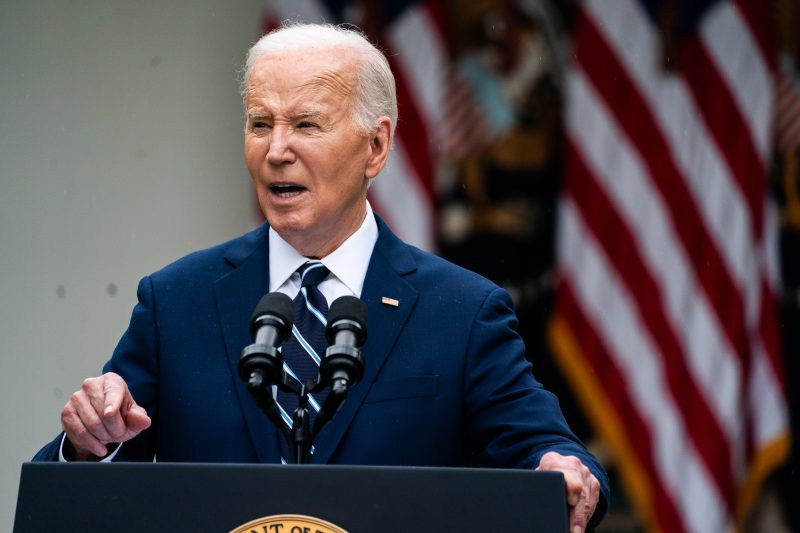Inflation in the Biden Era: Myths and Reality
The issue of inflation has become a major concern in the Biden administration, with critics pointing to escalating prices as evidence of economic mismanagement. President Joe Biden has been at the center of these criticisms, with his opponents accusing him of making false claims about the state of inflation when he took office. One such claim has been Biden’s assertion that inflation was at 9 percent when he assumed the presidency, a statement that has been widely disputed by experts.
In reality, the official government data does not support the assertion that inflation was at 9 percent when Biden took office. The Bureau of Labor Statistics reported that the Consumer Price Index (CPI) increased by 1.4 percent in January 2021, the month Biden was inaugurated. This figure was in line with the overall trend of moderate inflation that had been observed in the years prior to Biden’s presidency.
However, it is important to note that inflation has indeed risen significantly during Biden’s time in office. As the global economy began to recover from the COVID-19 pandemic, a surge in demand for goods and services combined with supply chain disruptions led to sharp price increases across various sectors. This phenomenon was exacerbated by factors such as labor shortages, rising energy prices, and bottlenecks in the transportation industry.
While the Biden administration has taken steps to address these inflationary pressures, including the passage of the American Rescue Plan and the Infrastructure Investment and Jobs Act, critics argue that these measures have not been effective in curbing inflation. Some economists have also criticized the Federal Reserve’s monetary policy, arguing that the central bank’s decision to keep interest rates low has fueled inflationary pressures.
In response to these criticisms, the Biden administration has defended its economic policies, pointing to the strong job market and robust economic growth as evidence that its approach is working. The administration has also emphasized the need for long-term investments in infrastructure, education, and healthcare to address the underlying structural issues that contribute to inflation.
As the debate over inflation continues to unfold, it is clear that there are no easy answers to the complex economic challenges facing the country. While the Biden administration is facing increasing pressure to tackle inflation, it is also important for policymakers to consider the broader implications of their policy decisions on the long-term health of the economy.
In conclusion, while it may be true that inflation was not at 9 percent when Joe Biden assumed office, the sharp rise in prices during his presidency has become a significant issue that cannot be ignored. As the administration grapples with the economic fallout of the pandemic, finding a balanced approach to addressing inflation while promoting economic growth will be key to ensuring a stable and prosperous future for all Americans.
